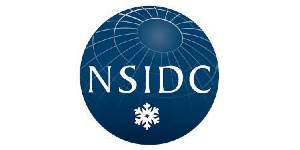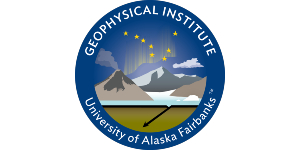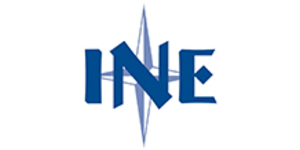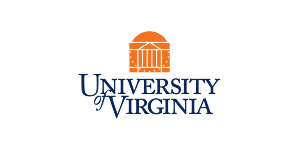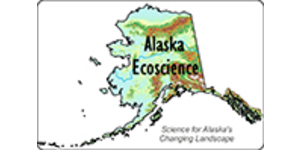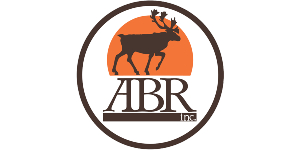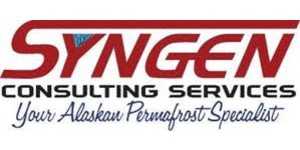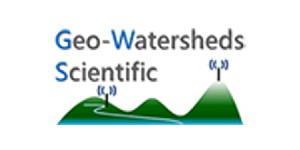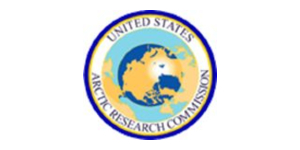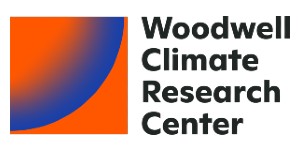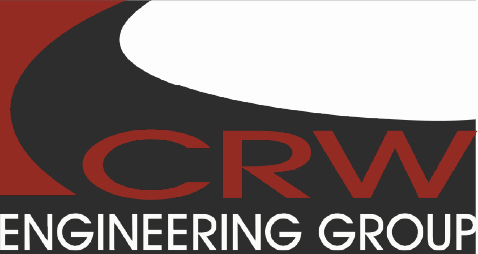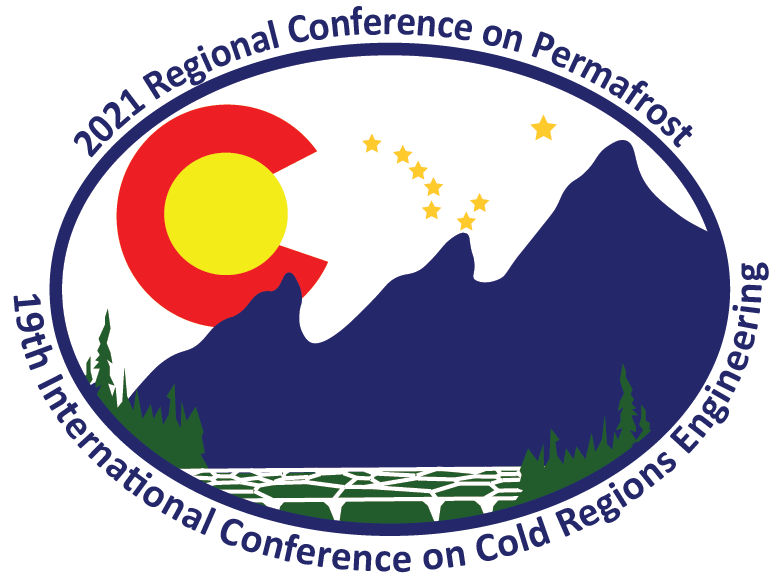

Plenary Speakers
Our Plenary Speakers will give their presentations starting at 11am Mountain Time on Monday, Tuesday, Wednesday, and Thursday (as noted below). To learn more about out Plenary Speakers, please follow the links below.
|
Larry Hinzman
|
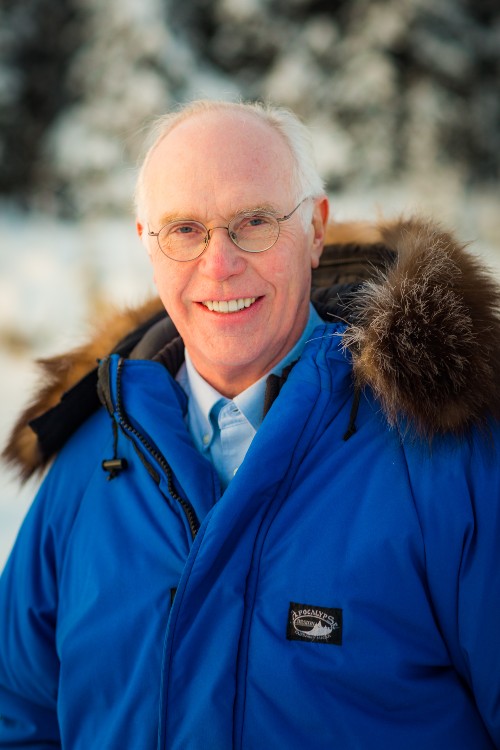 |
|
Permafrost Science and Engineering: Critical Capacity and Research Needs for our Nation
Executive Director, Interagency Arctic Research Policy Committee, Assistant Director for Polar Sciences, Office of Science and Technology Policy
The warming climate’s impact upon permafrost’s state or extent can substantially affect civil society and ecosystems. The presence or absence of permafrost affects important surface characteristics, such as soil moisture, temperature, vegetation type, trafficability, and landscape stability or vulnerability, with consequences for people, wildlife, and infrastructure. The understanding of the interdependence of physical, natural, and social processes associated with permafrost is essential for community planning, resource development, infrastructure construction, and many other activities of relevance to society. Better design and construction techniques are also needed to slow or withstand permafrost degradation, such as maintenance technology that allows inexpensive renovations, and flexible designs that are more resilient to change. Researchers, engineers, and architects can contribute to making communities more sustainable in the face of change by developing new technologies and offering new solutions and resilient design criteria. Scientific and technological advances implemented now will make our communities more resilient in the decades to come.
To address these and many other challenges, the Biden/Harris Administration has identified tackling climate change as a major priority. President Biden is mobilizing a whole-of-government effort to reduce carbon emissions in every sector of the economy and to increase resilience to climate impacts. The Biden-Harris Administration significantly bolstered efforts to protect and advance United States’ interests in the Arctic region by invigorating scientific, policy, and security efforts. The White House Office of Science and Technology Policy and the Interagency Arctic Research and Policy Committee are leading development of the next Federal Arctic Research Plan to guide investments and foster collaborations among federal scientists and non-federal researchers. The Arctic Executive Steering Committee (AESC) has been reestablished to advance U.S. Arctic interests and coordinate Federal actions in the Arctic. The AESC will also facilitate the implementation of the Northern Bering Sea Climate Resilience Area by administering the Northern Bering Sea Task Force and Tribal Advisory Council, reinforcing collaborative partnerships and harnessing science and Indigenous Knowledge to inform management and policy. These policy actions will consider environmental impacts of a warming Arctic, including permafrost degradation, as our nation strives to become more resilient and better prepared in responding to climate change.
|
|
Margaret Darrow
|
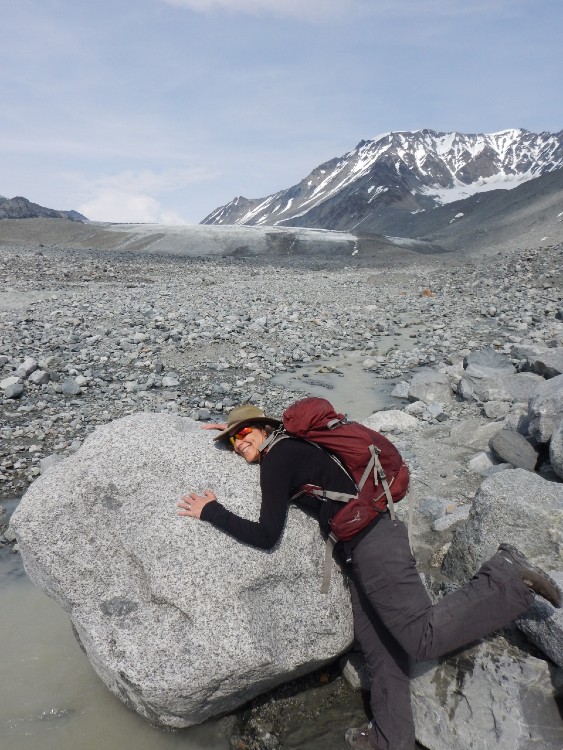 |
|
Elbert F. (Eb) Rice Memorial Lecture: “Tears of a Rapper: The Science and History behind the Art of Frozen Debris Lobe Rap Videos.”
Margaret Darrow is a geological engineer, a professor in the Civil, Geological, and Environmental Engineering department at the University of Alaska Fairbanks, and a registered Civil (Geotechnical) Engineer in the State of Alaska. She collected degrees like some people collect stamps (only hers are bigger on the wall and cost more), obtaining degrees in geology, geological engineering, and Arctic engineering. Her research centers on frozen ground engineering, with projects investigating unfrozen water content in frozen soils, slope stability in permafrost, thermal modeling of infrastructure over permafrost, and the performance of geotechnical instrumentation in frozen ground. Margaret’s presentation will summarize about a decade’s worth of research on frozen debris lobes, as well as attempts to make the science and engineering accessible to the general public.
|
|
Darcy L. Peter
|
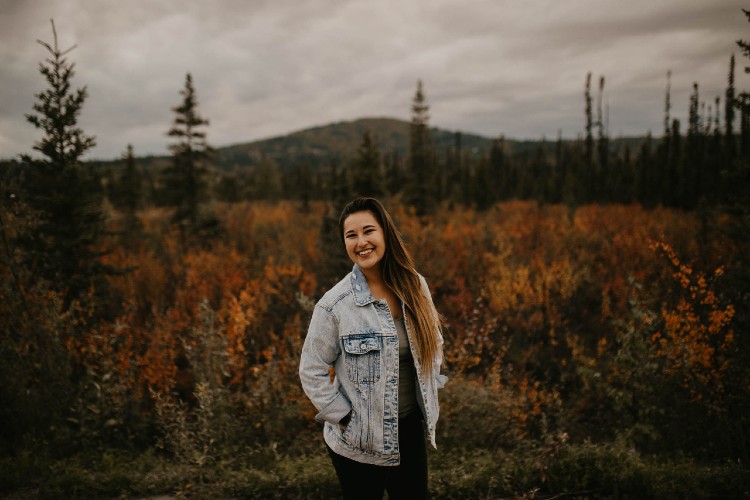 |
|
Perspectives on Climate Change: On-the-Ground Impacts of Climate Change in Arctic Communities
Darcy L. Peter is a Koyukon and Gwich’in Athabascan scientist from Beaver, Alaska located along the Yukon River. Her research focuses on greenhouse gas emissions, permafrost thaw, and Arctic ecology. She grew up living a subsistence way of life fishing, hunting, and trapping in Beaver. Ms. Peter has an in-depth understanding of Arctic policy, including tribe, city, corporate, state, academic, federal, non-profit, etc. She is on six boards that range from state-wide (Alaska) to international, and is a firm believer that all research, if properly communicated to locals and policy-makers, has the power to induce change. Darcy will present on how Arctic researchers often study in great depth the scientific ecological impacts, while missing out on the opportunity to work with Indigenous communities when researching climate change. What is happening to the cultures and people living on the ground? How can researchers and Indigenous people work together to combat climate change? Ms. Peter grew up in Alaska, and harbors the unique perspectives of both a scientist and an Alaska Native. She will go into depth about the very real, very sobering impacts that climate change has had on Alaska Native communities, and how scientists and researchers can work together moving forward.
|
|
Fritz Nelson & Jerry Brown
|
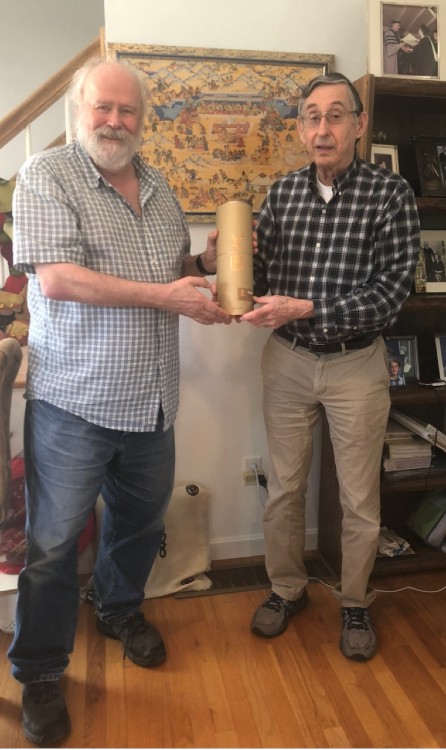 |
|
International Permafrost Association's Lifetime Achievement Award to Jerry Brown:
A Life in Permafrost: Jerry Brown and the Internationalization of Frozen Ground Science and Engineering
Fritz Nelson has been active in permafrost and periglacial research since his graduate-school days in the mid-1970s. He received the Bachelor of Science in Geography from Northern Michigan University, the Master of Science in Geography from Michigan State University, and the Ph.D. in Geography from the University of Michigan. He has served on the faculties of the University of Michigan, Rutgers University, Cornell University, the State University of New York, and the University of Delaware. Since retiring from undergraduate instruction in 2013, he has held adjunct appointments at Northern Michigan University, the University of Wisconsin-Milwaukee, and Michigan State University. He continues to work on funded research projects concerned with permafrost science, periglacial geomorphology, and the history of cold-regions science, and supervises graduate research in those subjects.
Jerry Brown has been a fixture in permafrost science and engineering for more than six decades. His contributions have had world-wide influence in the shaping of those subjects. A steady stream of high-quality publications has flowed from his pen, including well over one hundred peer-reviewed papers, a series of edited books, and special issues of prestigious journals. His conference papers, reports, and extended abstracts number well into the hundreds.
Some of the most prominent aspects of Jerry’s career derive from the brilliant organizational and interpersonal skills he has applied tirelessly for well over half a century on behalf of permafrost science and its practitioners. The hallmark of these qualities is Jerry’s remarkable capacity to recall the interests, skill sets, accomplishments, names and faces, affiliations, and personal traits of hundreds of individuals, and to put this knowledge together in such a way as to optimize the productivity and efficiency of the many projects he has overseen, as well as many “behind the scenes” contributions. He was one of the driving forces behind the establishment of the International Permafrost Association, and has served long and productive terms as IPA’s Secretary General and President, as well as on the IPA Executive Committee.
Jerry is selflessly dedicated to the advancement of geocryology. Permafrost science and engineering would be a very different, and lesser, enterprise if not for his contributions.
|
Conference Sponsors
| Platinum |
Gold |
Silver |
Bronze |
 |
 |
 |
 |
| |
|
 |
 |
| |
|
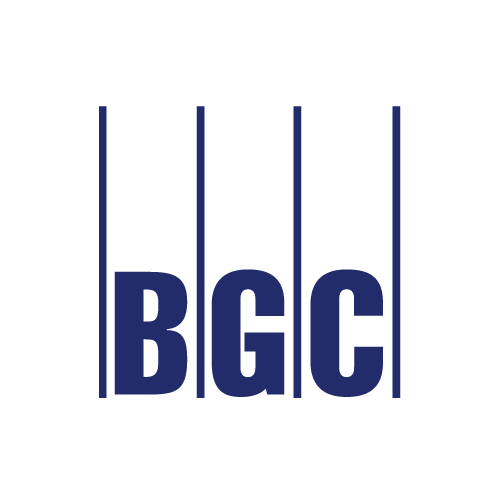 |
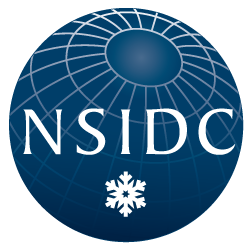 |
| |
|
 |
 |
| |
|
 |
|
| |
|
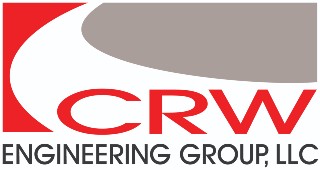 |
|
|



















